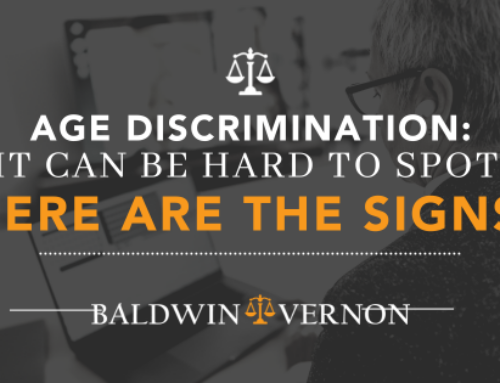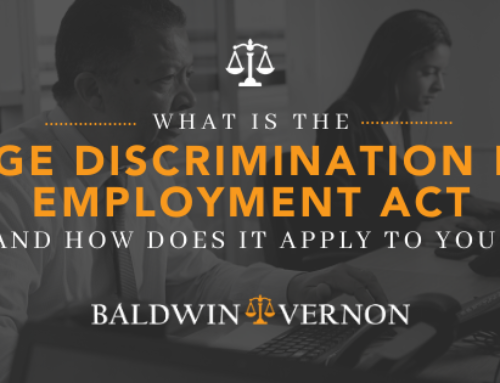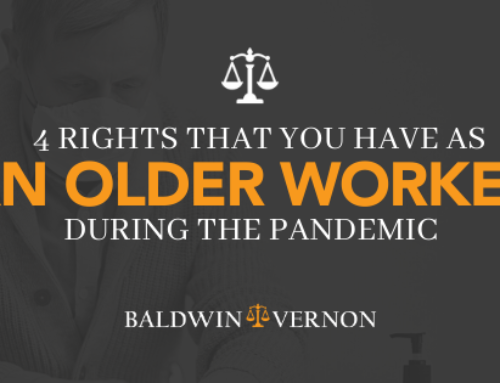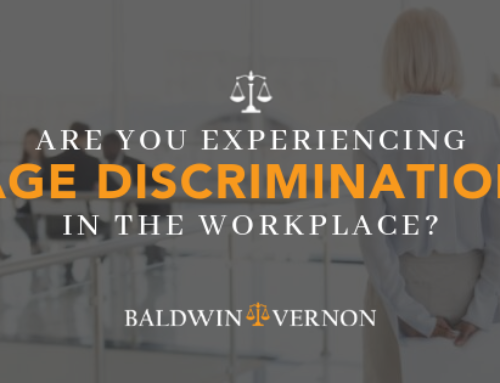Age discrimination occurs any time you experience unfair treatment based on your age and not your skills or merit. Age discrimination is also illegal. Federally, the Age Discrimination in Employment Act (ADEA) protects people 40 and older. And yes, discrimination can happen even if both parties are 40 or older.
It’s important to know, however, that the ADEA applies to employers who have 20+ employees. This includes federal, state, and local governments, as well as labor organizations and employment agencies.
The States of Kansas and Missouri have their own discrimination laws, specifically the Kansas Act Against Discrimination and the Missouri Human Rights Act. Age discrimination lawsuits are typically only brought against these state laws when the case is against an employer with fewer than 20 employees, and therefore not held accountable to the federal law.
The Missouri Human Rights Act protects workers who are between the ages of 40 and 70; the Kansas law applies to workers who are 40 or older.
Here’s what else you need to know:
- Age discrimination is illegal at any employment stage. This includes as a job applicant, during any kind of discussion about raises or promotions, and layoffs. The ADEA protects anything that affects “hiring, firing, pay, job assignments, promotions, layoff, training, benefits, and any other term or condition of employment.”
- Getting hired is the most commonly affected stage, according to an AARP survey. 19% of survey respondents said they experienced age discrimination as a job applicant. 12% said they didn’t receive a promotion due to their age, and 8% say they were fired or laid off because of their age.
- Employers and potential employers can legally ask you your age, or use your graduation date to determine your age. This is currently a legal practice, though the U.S. Equal Employment Opportunity Commission (EEOC) specifies that this type of questioning should be “closely scrutinized.” Organizations like AARP are lobbying to make it illegal. For now, you can remove this information from your resume and public, online profiles as well as try to change the subject during the interview process.
- If your employer takes an action that “disproportionately affects” older workers, that is discrimination. For example, if your company issues a layoff that mostly affects older employees, you could have a case for age discrimination.
- There’s also a law protecting benefits for older employees. The Older Workers Benefit Protection Act of 1990, or OWBPA, is an amendment that was added to the ADEA to protect employees from losing their benefits because of their age, so long as the cost to the employer is the same as insuring younger employees.
- If you’ve been offered early retirement or a buyout, you need to be working with an employment law attorney. These incentive plans are legal, but tread carefully and work with an expert in employment law to ensure you’re being treated fairly and legally.
- Apprenticeship programs cannot discriminate based on age either. There are some specific, special exceptions and exemptions, but generally, you cannot be discriminated from joining an apprenticeship program based on the fact that you are 40 or older.







